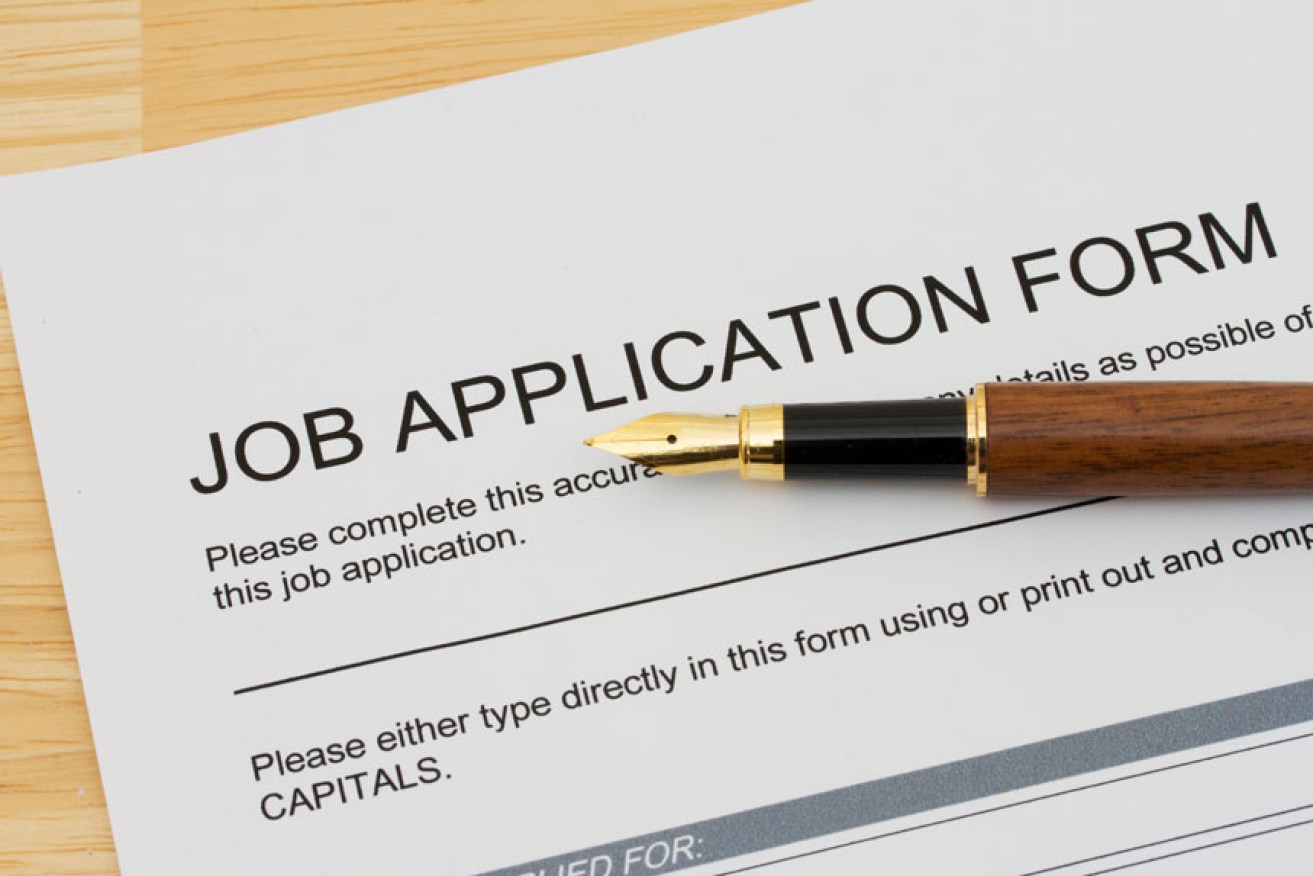Top tips on how to get a good job after the age of 50


Shutterstock
Changing jobs or even careers is a daunting task for anyone to handle, but it’s an even steeper hill to climb for those aged 50 and over.
Despite the fact Australia has an ageing population of baby boomers, who look set to work well in their 60s and potentially their 70s, there is still a common misconception that younger workers are more hungry and dynamic.
Late last year, Age Discrimination Commissioner Susan Ryan went as far as arguing that bias against workers over 50 is “endemic” and she fears it is much worse than previously thought.
• Surprise fall in unemployment rate
• These uni degrees offer the best value for money
• NSFW – online content that could get you fired
“I think we will find that there is far more negative behaviour towards older workers than people understand – until it happens to them,” Ms Ryan said.
Cultural change
While job discrimination based on age has been illegal for more than a decade, it still persists in more subtle forms, with some companies preferring to hire young employees.
“Employers will need to change not just policies and practices, but also mindsets,” argues Adecco Australia director of marketing and communications for Australia and New Zealand, Rick Khinda.
“Research has revealed economies with a high proportion of healthy, older workers do better. Moreover, it found little difference between the productivity of older and younger employees.”
So how can employers do their bit to reverse discrimination?
“As a starting point, ensure the age discrimination, even at an unconscious level, is not occurring during recruitment, retention and development processes,” Mr Khinda says.
“Offer flexible ways of working, opportunities for learning and development, and an organisational culture that is inclusive and supportive of older employees.”
Change your mind-set
Does that mean older workers need to wait for companies to change their attitudes to secure a decent job?
Not according to careers coach and author of How to Get a Good Job after 50, Rupert French, who argues the trick is to not focus on the discrimination.
Mr French, who has enjoyed many a career change in his lifetime, agrees that discrimination occurs, but says older workers contribute to the negative mind-set.
“You can most certainly get past a lot of (subtle) discrimination if you approach the job-seeking process in the right way,” he says.
“There is a popular wisdom that older workers are somehow slower and doddery and they don’t understand technology, but I think sometimes that is in the job seeker’s head more than the employer’s.”
Brush up on your applications
Many older candidates make the mistake of approaching the job-seeking process as if it is “still 1980”.
“They will send out hundreds of resumes to companies and none of them are targeted to the job,” Mr French says.
“I always tell them to focus on applying for two jobs at any one time and that involves putting research into the business and spending time answering selection criteria properly.”
Older workers need to work extra hard to make the first few pars of their resume stand out, in order to grab a recruiter’s attention in “the top half of the first page”.
“Another mistake older workers make is they list a whole bunch of skills, but provide no evidence for them,” Mr French says.
“Any one can say they are hard-working, you have to give concrete evidence of successes.”
Network, network, network
The real surefire way to stand out from a stack of other resumes as an older job seeker is to network like crazy.
This does not mean befriending 500 people on LinkedIn, but spending time each day trying to make connections with people in the industry you see yourself in.
“Reach out to people who you think can help you and ask to buy them a coffee,” says Mr French, who points out the old adage that most jobs are never advertised is actually true.
“If you are active in LinkedIn discussions you could find a few people that way or simply turn to the receptionist at the place you wish to work and ask for the contact details of the person who works in the area you want to be in.”









